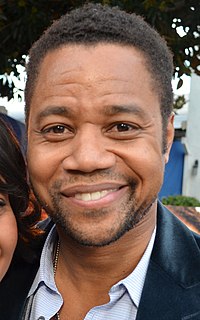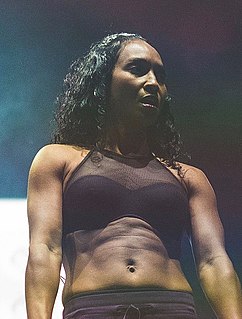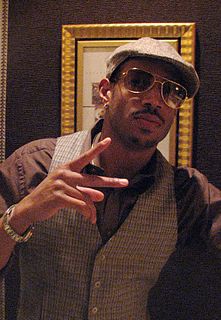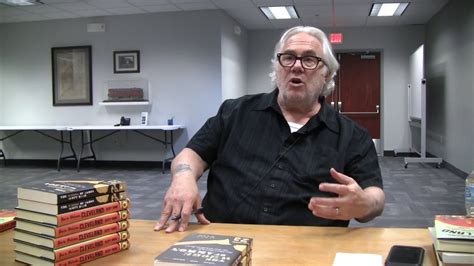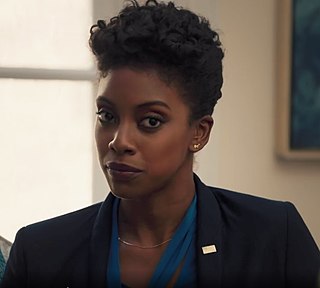A Quote by Cuba Gooding, Jr.
I am admiring of my fellow peers, black filmmakers and black actors and actresses.
Related Quotes
Hollywood is designed to check the box office on Monday morning and see: "How'd we do? How much?" It's another facet of this whole culture of accumulation and consumption. Black people are caught up in it, white people are caught up in it, white actors, black actors, female actresses - everybody's caught up in it.
I, however, like black. It is a color that makes me comfortable and the color with which I have the most experience. In the darkest darkness, all is black. In the deepest hole, all is black. In the terror of my Addicted mind, all is black. In the empty periods of my lost memory, all is black. I like black, goddammit, and I am going to give it its due.
Virginia Mayo had kind of a small role in The Best Years of Our Lives, but you got the whole character in one scene. Where are those parts? I was talking to somebody about great actors: Morgan Freeman's name came up, Forest Whitaker, Denzel Washington. And I realized, there're no black actresses. Where's there a black actress who's been extremely successful in the past 10 years?
A Murphy [Eddie Murphy] movie is like a Sidney Poitier comedy - he's that intensely good... He revolutionized acting. He's literally black Brando. Before Eddie Murphy, there were two schools of acting for a black actor: Either you played it LIKE THIS or youplayeditlahkdis. He was the first black guy in a movie to talk like I am talking right now. That did not exist for black actors before him.
